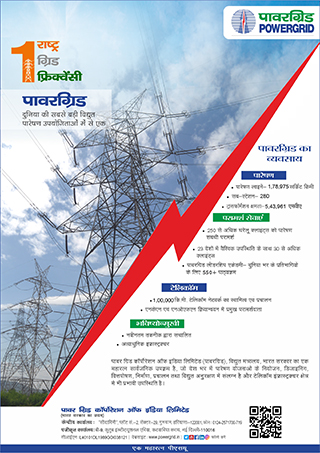whispers in the corridors
Tall Poppy Syndrome
Tall Poppy Syndrome (TPS) is a social phenomenon where people who achieve notable success are resented, criticized or cut down by others. The term is metaphorical in the sense that in a field of poppies, the tallest ones are cut to make everything even symbolizing how individuals who rise above the rest are targeted by way of criticism, undermining or exclusion. Their achievements might be downplayed, they may be socially isolated or their ambition might be called arrogance. The story of Tall Poppy says the original tall poppies bloomed in the garden of Tarquin the Proud, the last king of Rome who is said to have symbolically decapitated the tallest poppies to show that powerful enemies should be defeated by killing their leaders.
The effects of TPS on work performance have been studied extensively. In a New Zealand study of prominent entrepreneurs, nearly all reported encountering the syndrome. Athletes also report being targets. One Australian study found that high performing student athletes were often victims of bullying. A Japanese saying ‘the nail that sticks out gets hammered down’ captures the idea that people should not be conspicuously different. Despite being fictitious, some rules dictate that ‘you are not to think you are anything special’ and ‘you are not to imagine yourself better than we are’. That reminds me of the experience during my own diplomatic service where some seniors would almost always undermine junior’s work and even during meeting junior will hardly be allowed to speak or present himself. Some such irritating terms used by seniors to rebuke a junior are ‘Keep your nose down; who gave you the right to think; keep your head down’, etc. The basic work is done by juniors and only the grammatical errors or little correction for name-sake is what is done by seniors. The original work is always the difficult one and pointing out deficiencies is always an easy task.
Many people might face the silent wrath of those who resent their success and undermine them. It can be said as Success-shaming which often takes the form of downplaying someone’s achievements or attributing them to luck rather than hard work or talent. Silence or fear of drawing attention can lead people to hide their success that is not sharing achievements, underplay wealth, avoid letting people know about business ownership, etc.
In contrast, Americans favor rewarding tall poppies more strongly than other countries. This aligns with the ethos of the ‘American Dream’, a cultural narrative that champion ambition and status-seeking and the full-throated celebration of personal success. In our age of self-promotion, with social media sites devoted to not-so-humble bragging, fast we are becoming immune to the tall poppy syndrome. We are becoming more comfortable about standing out, thanks to the social media.
If you are experiencing TPS and are worried about how to deal with it then stay grounded, that is, do not let criticism undermine your confidence. Try to set boundaries, meaning limit interaction with toxic people as far as possible. Encourage a culture where success is celebrated, not punished. Most importantly, find your tribe, viz., surround yourself with people who uplift and inspire you.
Subbiah Sridhar


































